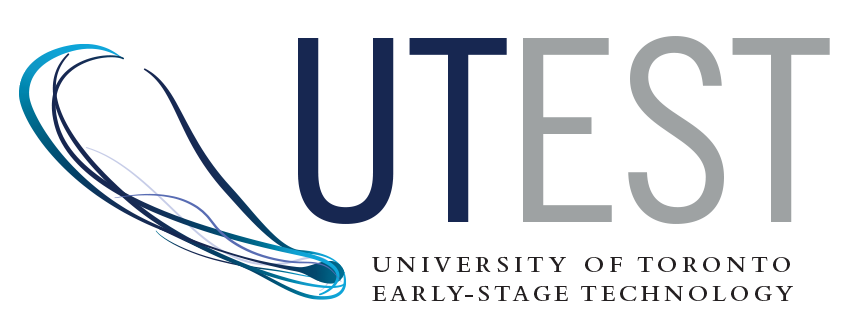Life Sciences Ontario publishes first substantial benchmarking data for sector’s performance
If you work in the life sciences in Ontario, your wages are approximately 26.5 per cent higher than those of the provincial average. On the other hand, if you’re a recent science graduate, you’re facing a challenging unemployment rate of 18.9 per cent.
These are only two of the data points described in the Life Sciences Ontario (LSO) Sector Report 2015, which is the first of its kind to provide well-defined data that clearly measure and report on the sector’s benchmarking and its economic contributions. It also gives policymakers evidence-based data to benchmark Ontario’s performance, such as approximately 83,000 highly skilled workers, against other North American jurisdictions.
MaRS Innovation is a member of the LSO, which has also published an infographic summarizing the 2015 sector report’s findings. This announcement was covered in BetaKit.
“In the past, making accurate comparisons was virtually impossible due to inconsistencies in both data and methodologies,” says Jason Field, LSO’s president and CEO. “As the voice for the life sciences community, it’s our role to research and publish a report that would substantially quantify and articulate the sector’s impact. We want to help Ontario’s life sciences sector reach its full economic and social potential, which will benefit all Ontarians. Producing a sector report to establish a baseline and help inform policy decisions is a key milestone in that process.”
Some of the report’s highlights include:
- Ontario’s Life Sciences generates approximately $40 billion in annual revenues.
- That revenue translates to approximately $38.5 billion in total contributions to Ontario’s Gross Domestic Product (GDP).
- The life sciences employ approximately 83,000 highly-skilled workers at more than 5,600 establishments in Ontario.
- Ontario’s sector ranks among the top clusters in North America (top ten by employment and top three by establishments).
- The sector’s job growth outpaced the provincial average by nearly 10 per cent between 2001 and 2013, showing resilience during the 2008 economic downturn.



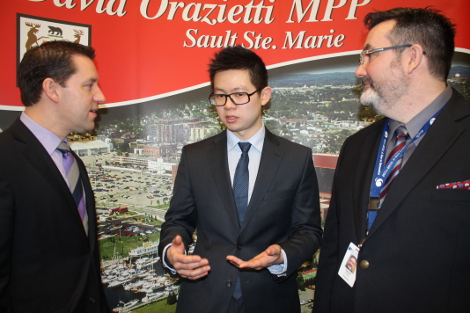
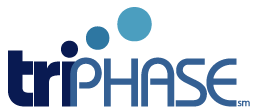

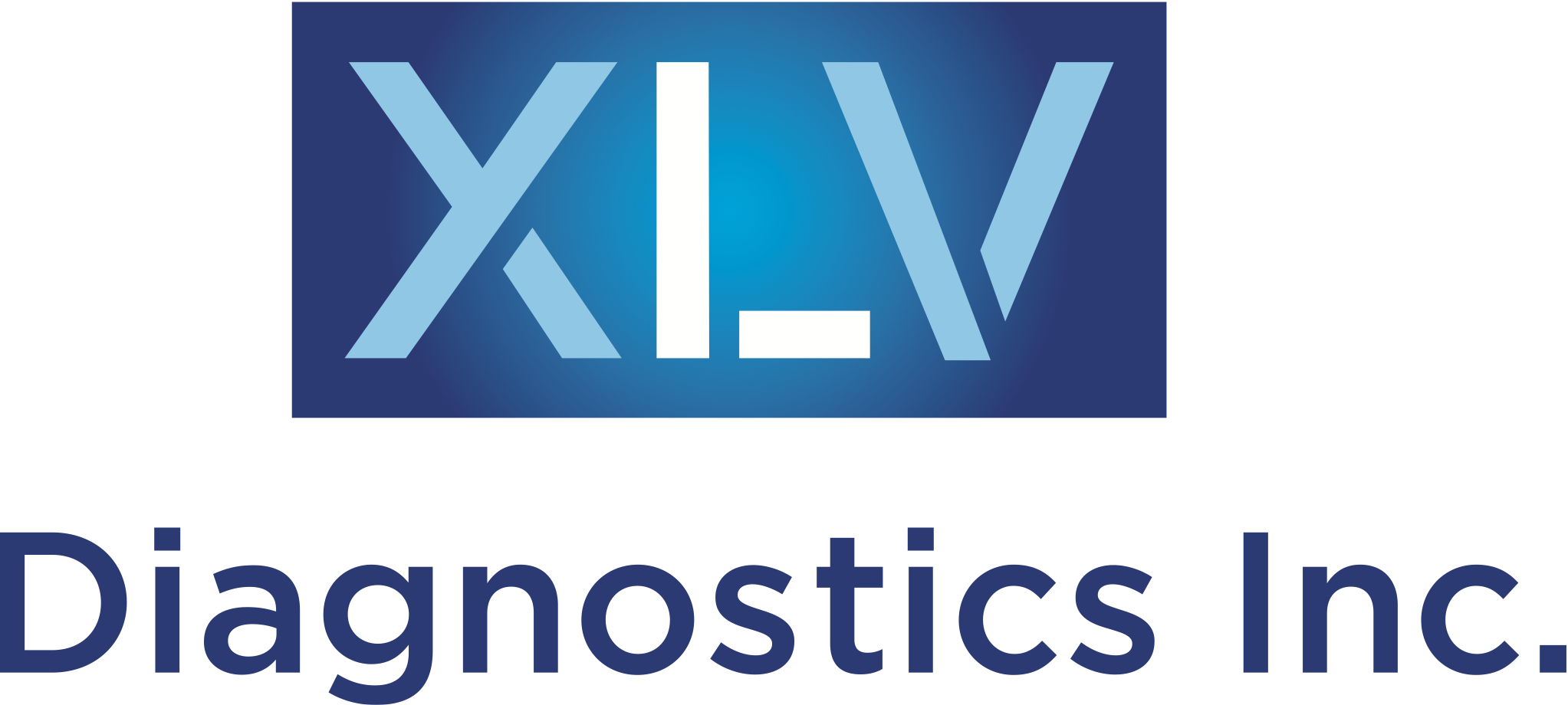
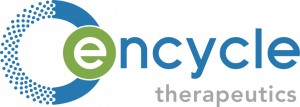

 Toronto-based
Toronto-based 

